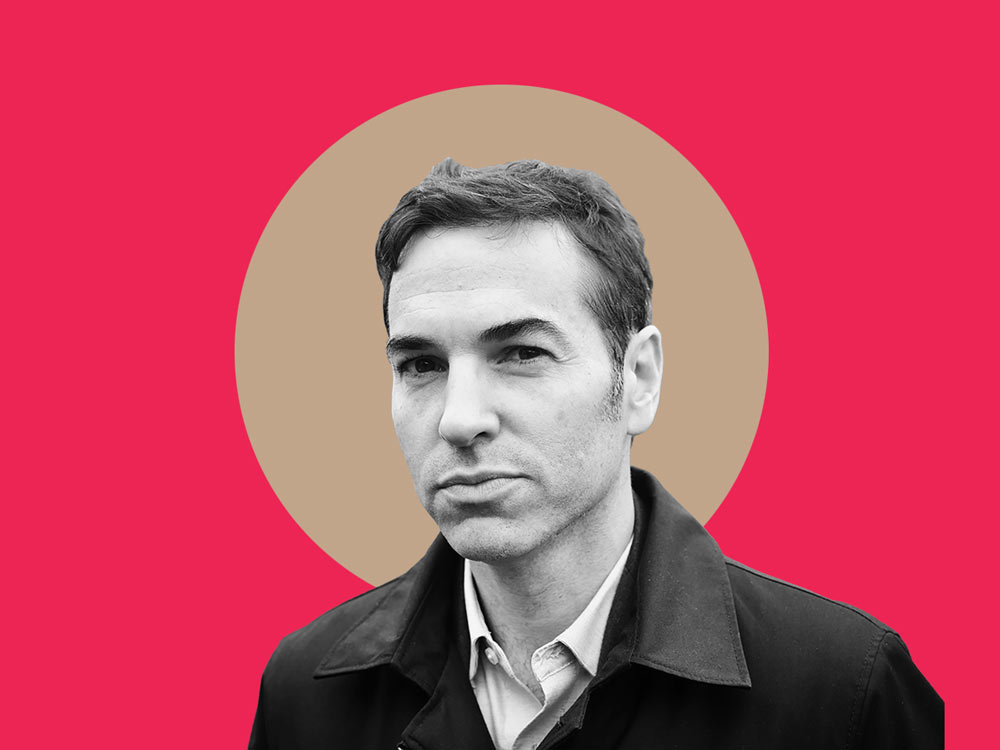In a recent podcast, author Phoebe Maltz Bovy discussed her new book, The ‘Perils’ of Privilege and the shortcomings of privilege awareness in bringing about real change. We invited listeners to ask Phoebe some questions after they listened to the podcast. Their exchanges have been edited for length and clarity.
If one is “privileged” how much charity or philanthropy is enough to negate or compensate for that “privilege”?
– Tim Smith, Laconia, NH
The point of charitable giving is about the people or institution receiving money or help, not about the donor’s internal struggles around privilege. There’s nothing wrong with feeling good about yourself for doing good, but the notion that giving would cancel out privilege strikes me as misguided. A rich white man, say, who gives to charity is just a rich white man who gives to charity. Charitable giving is about correcting for suffering that falls through the cracks of the state. It’s not a way of compensating for the systemic advantages of being rich, white, etc. Also, in terms of negating or compensating for privilege, it’s better dealt with systemically. If you think the structure of society is unfair – things like racism, sexism, and income inequality – this should get you politically engaged, not just inspire charitable donations.
How can we spark more inclusive and productive dialogue, and what are useful tools or best practices you have come across to facilitate?
– Jorge Fontanez from New York, NY
I think it’s important to know what your goals are when discussing injustice. Are you looking to vent? To tell someone off for having said something that offended you? Or are you trying to convince someone to come around? These are different sorts of conversations. If you’re in a “productive dialogue” frame of mind, you want to think about what’s likely to convince someone you’ve deemed capable of persuasion. What you shouldn’t do is make the entire conversation hinge on getting an “I see that I am privileged” declaration from the person you’re speaking with. The more you make the conversation about them, personally, the more personally they’re going to take it.
I’m a third-generation, Ukrainian-American journalist. I’ve worked a lot within immigrant communities. Privilege is relative. In an all-white Western context, there’s male privilege, in an all immigrant context, there’s linguistic and racial privilege, and so on. People sometimes navigate through different physical and social spaces where their position on the complex hierarchy of privilege is different. If they came from a place where they were relatively unprivileged, say a white person who is a linguistic or religious minority in their country of origin – they may be in denial or unaware of how just changing spaces increases or decreases relative privilege in a particular society. I see that happen a lot personally, and it’s difficult to convince people of their privilege – or lack of privilege – in a new context or country. It’s not fair to assume that people are aware of their own privilege, for example, white immigrants or wealthy people of color.
Sign up for our free newsletters
Subscribe to NPQ's newsletters to have our top stories delivered directly to your inbox.
By signing up, you agree to our privacy policy and terms of use, and to receive messages from NPQ and our partners.
– Julian Hayda from Chicago, IL
It is important, if talking about privilege, to remember that these intermediary cases – “White immigrants, wealthy POC” – exist. Given that most of us are oppressed in some ways but not others, that makes most of us more likely to want to hang onto the unearned advantages we *do* possess. As for what to do with relative privilege, I’d say it’s the same as with any other privilege – better to find ways to leverage it than to waste time trying to make sure you’ve properly reckoned with it.
Wonder if the conversation on intersectionality is similar to privilege. Both are important, but seem to be wielded to shame individuals?
– Anonymous
I think there are some key differences. The similarity is that both conversations wind up being about assessing relative levels of oppression. But I don’t see intersectionality getting used as an accusation. I haven’t seen anyone shamed by intersectionality. There’s no “check your intersectionality”. If someone says something clueless and you tell them to think about intersectionality, you’re switching the conversation to one about society. The problem with “your privilege is showing” is that it turns the conversation into a sinkhole one about an individual’s level of privilege-awareness.
We hope to get more of your questions on philanthropy, non-profits or international aid. They might even inspire a podcast.











